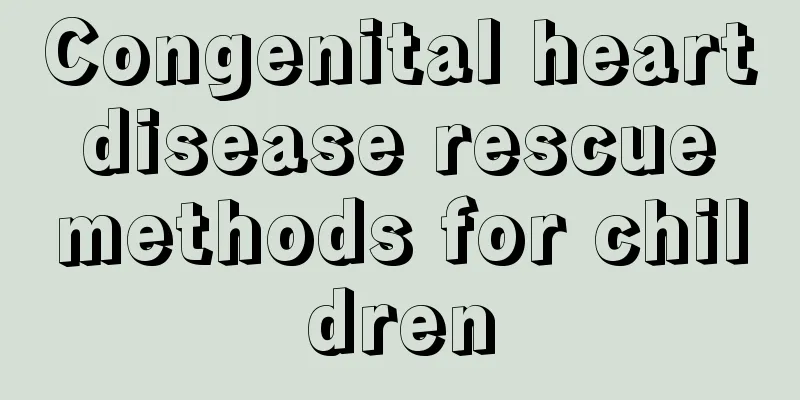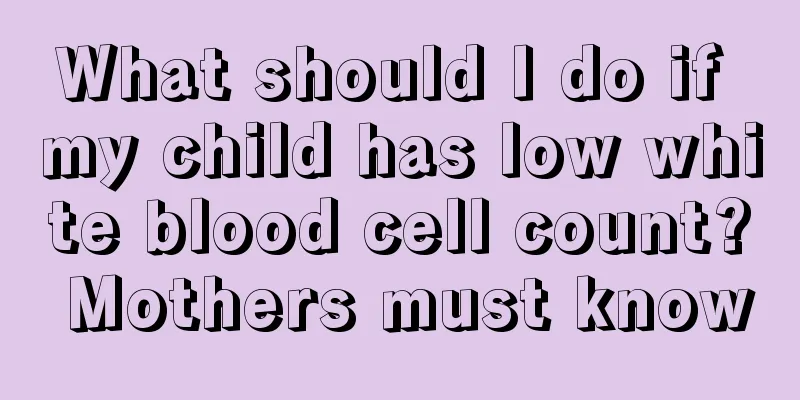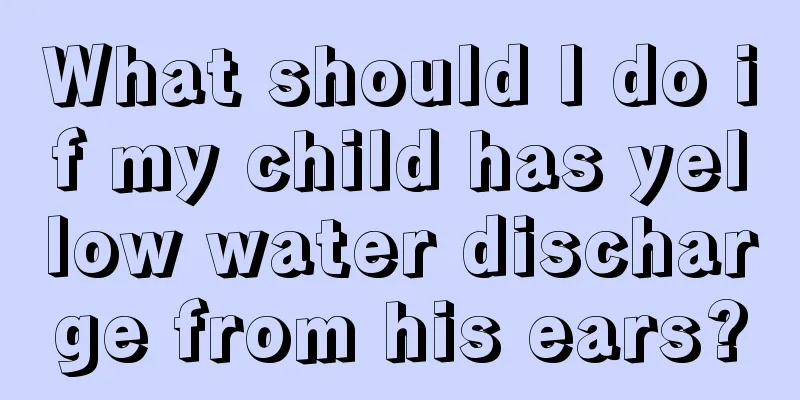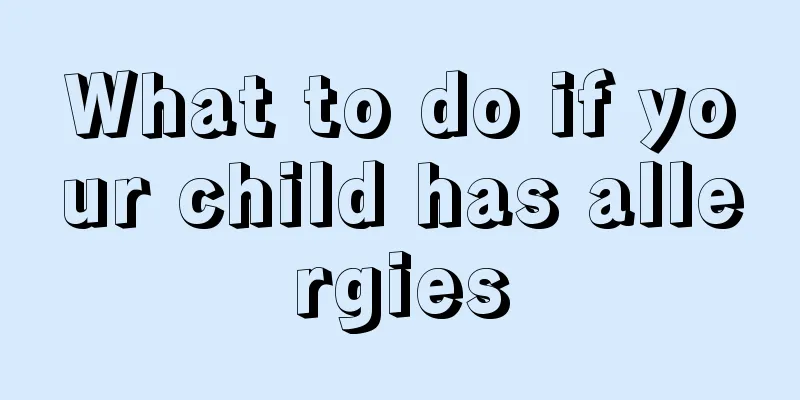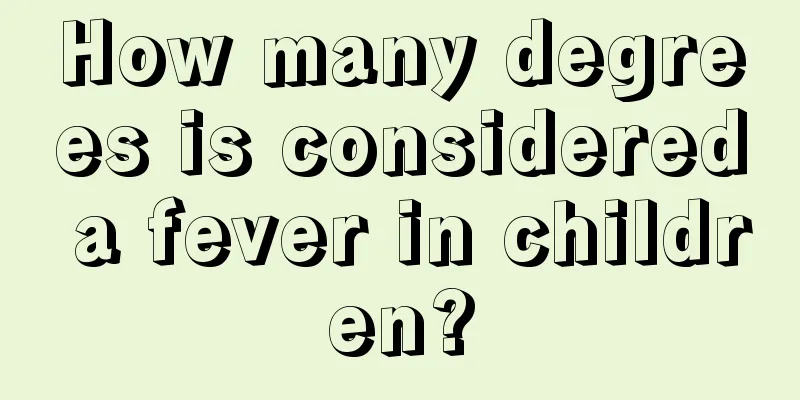What causes headaches and dizziness in children?
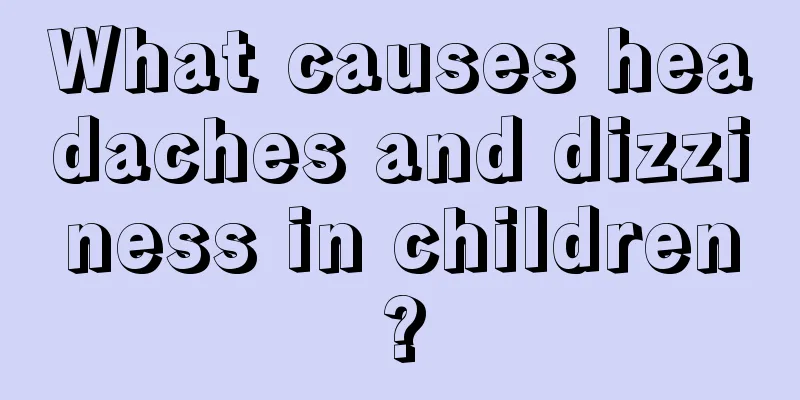
|
Children's health is an issue of particular concern to every parent. Often when a child falls ill, adults will lose their appetite. Because children have weak resistance when they are young, they often get sick. As they grow older, their resistance will gradually increase, and the chance of getting sick will decrease. If children often have symptoms of headaches and dizziness, parents should pay attention: Headache refers to pain in the area above the eye sockets and occipital area. This is one of the common symptoms of neurological diseases in children, often caused by extracranial diseases. Scientific principles/background knowledge: Headaches can be acute or chronic. When acute headache is accompanied by fever and vomiting, the first thing to consider is to exclude infection of the central nervous system; When chronic headaches are accompanied by vomiting but no fever, the most important thing to consider is whether there is a tumor in the brain. Among all types of headaches, tension headaches and vascular headaches are more common, and headaches caused by intracranial space-occupying lesions are only a minority. However, if not diagnosed in time, they often cause serious consequences. First: rule out blood system diseases in children. The most common anemia in children is nutritional iron deficiency anemia, which is the most common type of anemia in children in my country. If the child's anemia is severe, it can cause symptoms such as dizziness and fatigue. The simplest way is to do a routine blood test for the child. Second: It may be orthostatic adjustment disorder, which is obvious when the child gets up in the morning or stands up from a squatting position. This disease is not an organic lesion in the heart, brain and other parts of the body. The disease will gradually improve or heal with age. Third: Pay attention to whether the child may have viral myocarditis. This disease is more common after a cold, caused by viral invasion of the myocardium. The child may show symptoms such as fatigue, palpitations, chest tightness, and dizziness. Electrocardiogram combined with myocardial enzyme spectrum examination can help confirm the diagnosis. Fourth: Pay attention to whether your child may have sinusitis. This disease is also common after repeated upper respiratory tract infections. Children may have headaches, dizziness, and unwillingness to study, etc., which are often more obvious in the morning. The frontal view of the sinuses can help with diagnosis. Dizziness and headaches are often caused by colds, fevers, and inflammation. This situation generally does not require special treatment. If children often suffer from dizziness and headaches, it will seriously affect their learning and physical growth. Parents must take their children to a regular hospital for examination and treatment. In order for our children to grow better, parents must pay more attention to their children's health problems. |
<<: What causes dizziness and headache in children?
>>: What should I do if my child has anorexia?
Recommend
16What are the symptoms of growing pains in adolescents?
Growing pains are a phenomenon that every teenage...
How to deal with children's nasal mucus
Children have more nasal secretions and their nas...
Can early childhood development be suppressed?
Precocious puberty in children is a serious probl...
What psychological problems do children from single-parent families have? These are the 7
The psychological problems of children from singl...
What calcium tablets are good for teenagers to take for calcium supplementation
Teenagers are in an important stage of physical g...
How to cure baby mouth ulcers quickly?
The health of a baby is a very important matter f...
What should I do if my 3-year-old baby coughs?
Coughing is not a disease, but once it starts, it...
What is the best food for babies with thalassemia?
Thalassemia is related to genetics. Most children...
Why does my four-year-old baby keep blinking?
As we all know, except when we are asleep, people...
What to do if your baby is constipated after breastfeeding
Recently, I saw a mother in a forum saying that h...
At what age does a baby need a teething stick?
From the moment babies are born, they are constan...
What causes cramps in children?
Cramps are a symptom that many people now often e...
Is it normal for children to lose hair after washing their hair?
Hair loss is common for girls with long hair. Lon...
What are the recipes for 27-month-old babies?
With the continuous improvement of living conditi...
What to do when your child starts coughing
Cough is one of the most common symptoms of influ...
